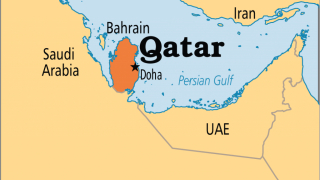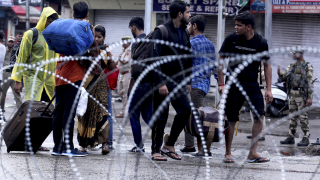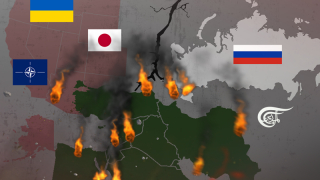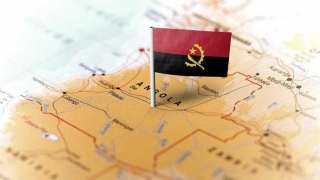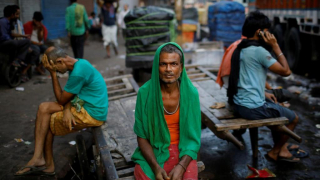Qatar under land isolation
Ten months after its Arab neighbors broke off ties with Qatar, there are strong signals coming out of the Gulf state that regional isolation is making it stronger.
Accusing Doha of funding terrorism and destabilizing Middle East, Saudi Arabia, the United Arab Emirates, Bahrain and Egypt cut all diplomatic and transport links with Qatar.
Doha denied charges.
Three Gulf States gave Qatari nationals 14 days ultimatum to leave, and advised their own citizens to leave Qatar.
The tiny-state had in the past relied heavily on Saudi Arabia and the UAE for much of its imports, including a third of its food supply. It also imported most of its construction materials from the two countries.
Economists and leading experts believed Qatar could survive the boycott a few weeks. Contrary to their estimates, Qatar is still one of the fastest growing economies in the region.
Ten months long boycott had cost Qatar heavily. However, it proved to be a ‘blessing in disguise’ for Qatar.
With Saudi Arabia and UAE blocking its routes, Qatar found alternative suppliers route through Iran, Turkey and other countries. Data available with Pakistan Observer revealed that Qatar if getting its supply chain from more than 80 countries.
“The blockade was aimed to hugely hurt Doha. However, the way Doha turned it into an opportunity, is really appreciative,” Islamabad based diplomat told Pakistan Observer.
Earlier, it was expected the blockade will badly hurt economy. However, dedication and hard work of concerned authorities of the state of Qatar put economy on track within a few months post-boycott. Even, the IMF expects the country's economy to grow 3.1% in incumbent year, up from 2.5% in 2017.
“It needs guts to cope with such a deadly blockade. And Doha has set example for others to follow,” said western diplomat based in Islamabad.
What made Qatar to overcome crusade of ‘blockade’ of Qatar by neighboring state is no more a ‘secret’.
Ali Shareef Al Emadi, the Finance Minister of the state of Qatar, is the man who made it possible for Doha to avoid the ‘harm’ of boycott.
Ali Shareef Al Emadi who is known to be a man of strong nerves, guided his country to sail through critical times of post-sanctions by finding alternate supply routes, new markets for Qatri’s goods especially LNG.
“Ali Shareef Al Emadi and his team of financial experts did great job for Qatar to stand resilient through the period of blockade,” said an Islamabad based economist.
It is believed that Qatar's energy wealth has also played vital role for Doha to sail through the economic shock. Qatar is the world's leading exporter of liquefied natural gas, accounting for about 30% of global demand. Japan, South Korea, Pakistan and India are among its biggest customers.
Following boycott by the neighboring nations, anti-Qatar lobbies had raised questions about Doha’s ability to host the FIFA World Cup in 2022. However, preparations were well underway before the embargo started. Qatar is considering to award contracts worth $9 billion for the big soccer event.
“We are fully prepared to host mega event. 2018 is going to be very important to deliver on a lot of these projects. We expect by the end of this year, most of the major infrastructure will be completed," a senior official of Qatar’s Foreign Ministry told this correspondent on Friday.
Qatar is confident that it can host a successful World Cup in 2022 and preparations are fully on track after a boycott by its Gulf neighbors briefly disrupted supply lines last year, its foreign minister told Reuters last month.



